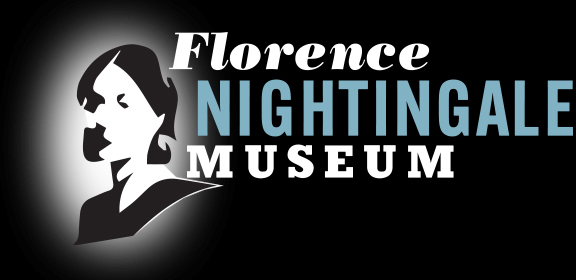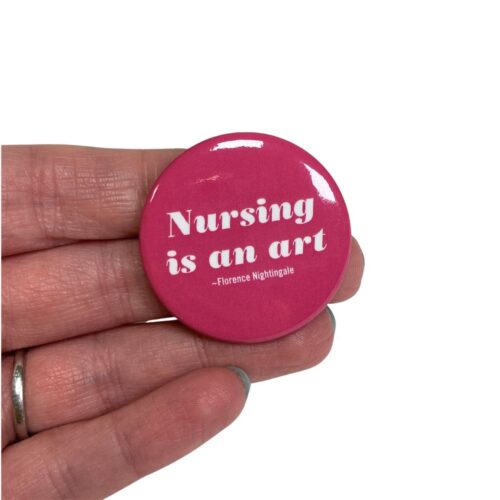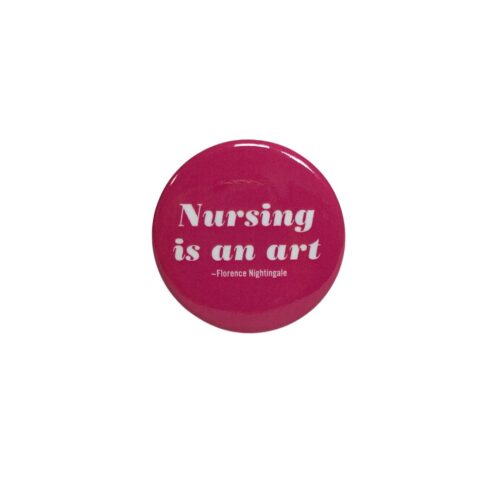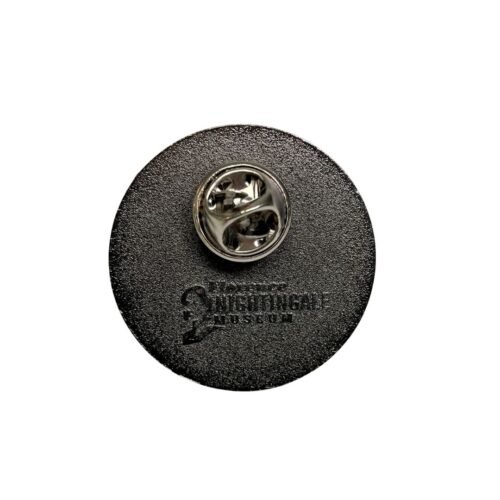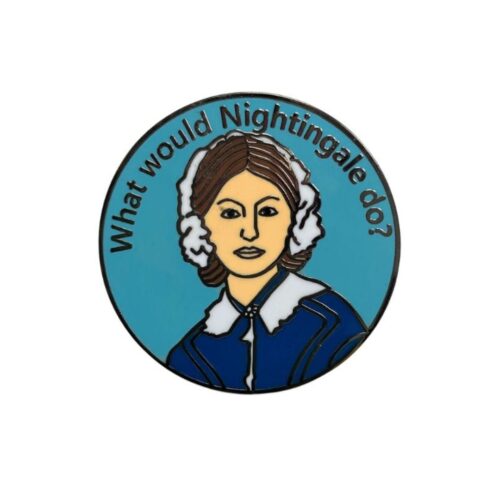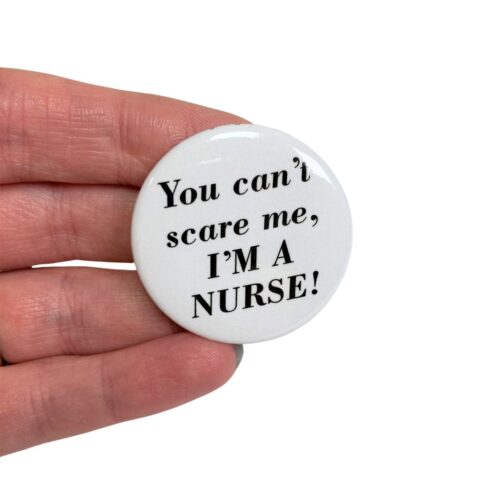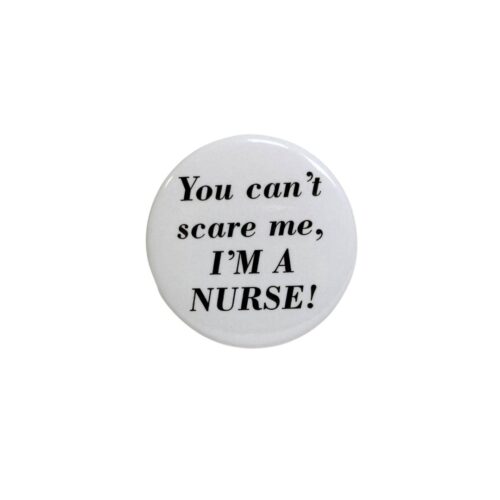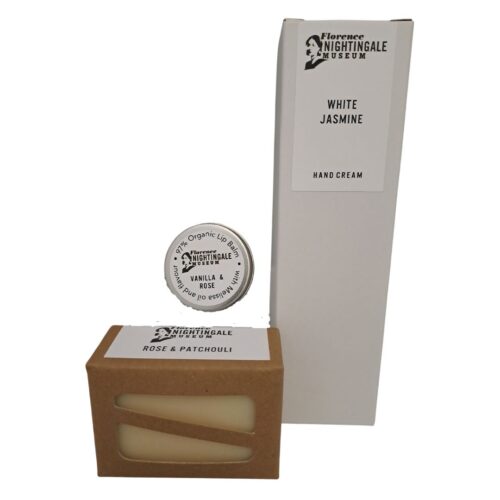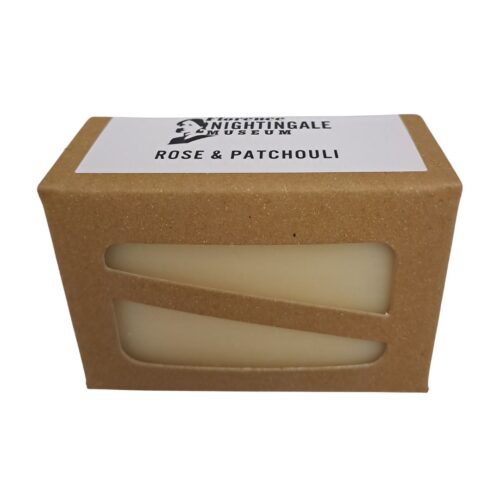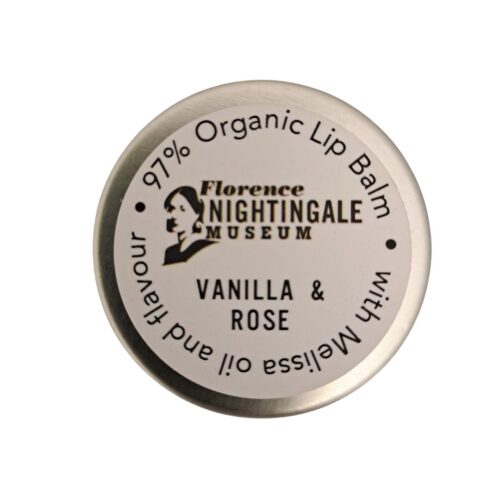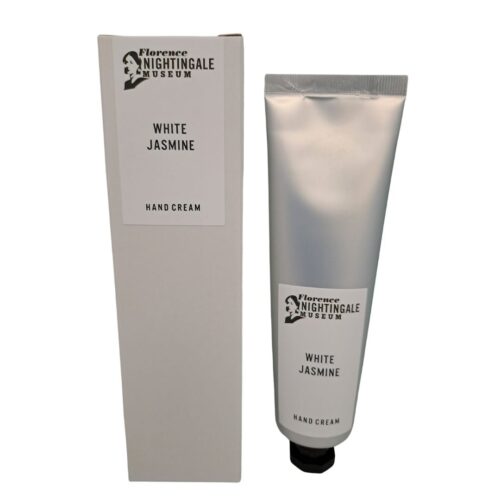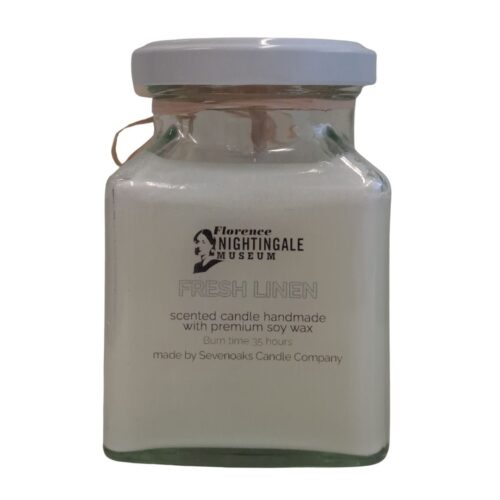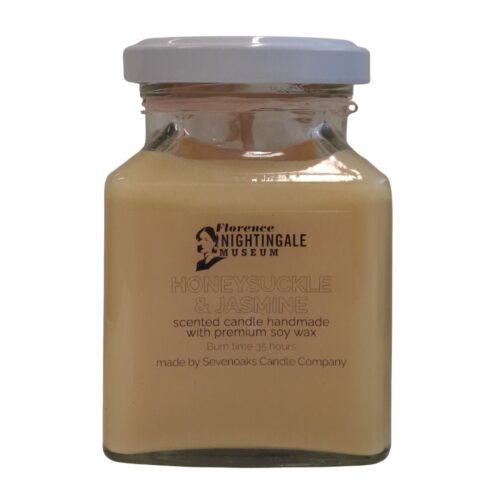-
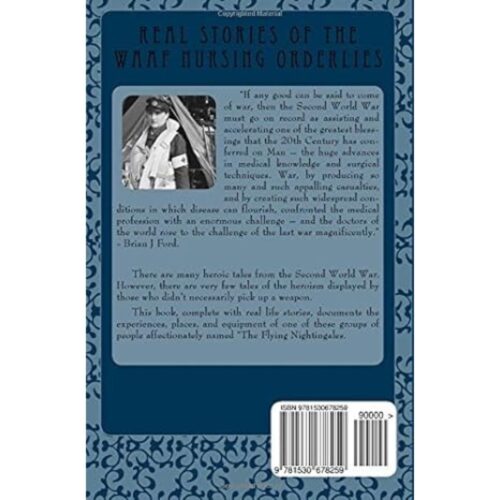
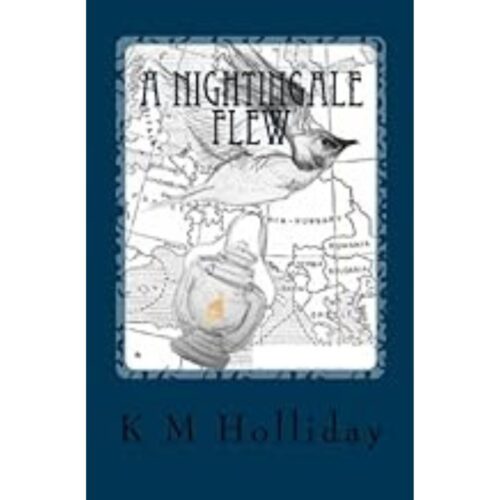 There are many heroic tales from the Second World War. However, there are very few tales of the heroism displayed by those who didn’t necessarily pick up a weapon. These women offered lifesaving treatment, keeping men alive so they could undergo the operations and procedures they needed to keep them that way. This book, complete with real life stories, documents the experiences, places, and equipment of one of these groups of people affectionately named “The Flying Nightingales.
There are many heroic tales from the Second World War. However, there are very few tales of the heroism displayed by those who didn’t necessarily pick up a weapon. These women offered lifesaving treatment, keeping men alive so they could undergo the operations and procedures they needed to keep them that way. This book, complete with real life stories, documents the experiences, places, and equipment of one of these groups of people affectionately named “The Flying Nightingales. -
Out of stock
 In this collection of testimonials, over 100 well known individuals, including the likes of Louis Theroux, Joanna Lumley and Michael Palin, share a collection of personal stories. Hopeful, heartfelt and hilarious, these stories form a love letter to the 1.5 million people who go above and beyond the call of duty every day.
In this collection of testimonials, over 100 well known individuals, including the likes of Louis Theroux, Joanna Lumley and Michael Palin, share a collection of personal stories. Hopeful, heartfelt and hilarious, these stories form a love letter to the 1.5 million people who go above and beyond the call of duty every day. -
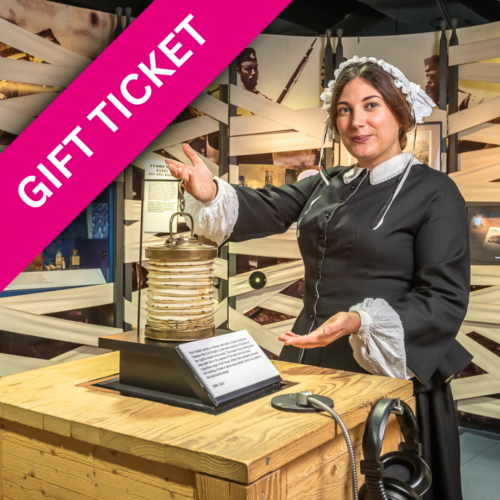 Gift ticket for admission to the Florence Nightingale Museum. Buy either admission for one or for a family, a perfect gift for family or friends. Tickets are available in either physical or digital form. The cost of the physical gift ticket includes postage and packaging of a physical ticket with envelope that can be redeemed at the museum. If you would like us to send this directly to your recipient or an alternative address, please put their name and address in the order notes at the checkout. The digital gift ticket is sent to your email address and then you can either print it or email it to your recipient. If you would like us to email this directly to your recipient, please add their name and email address to the order notes at checkout.
Gift ticket for admission to the Florence Nightingale Museum. Buy either admission for one or for a family, a perfect gift for family or friends. Tickets are available in either physical or digital form. The cost of the physical gift ticket includes postage and packaging of a physical ticket with envelope that can be redeemed at the museum. If you would like us to send this directly to your recipient or an alternative address, please put their name and address in the order notes at the checkout. The digital gift ticket is sent to your email address and then you can either print it or email it to your recipient. If you would like us to email this directly to your recipient, please add their name and email address to the order notes at checkout. -
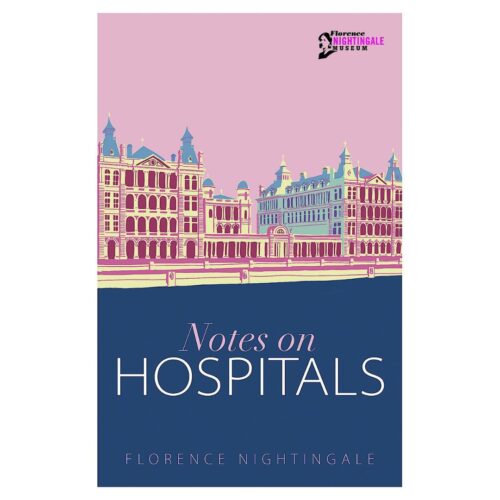 In this classic historical text on hospitals - featuring a foreword by the Florence Nightingale Museum - Nightingale reveals her passion for good hospital architecture and design. At Scutari she saw first-hand the harm which can be caused by inadequate and poorly designed hospital buildings. Nightingale openly criticised designs which she thought might lead to higher infection rates, and therefore patients' deaths. Published in conjunction with the Florence Nightingale Museum, the cover of this edition is exclusive to the museum.
In this classic historical text on hospitals - featuring a foreword by the Florence Nightingale Museum - Nightingale reveals her passion for good hospital architecture and design. At Scutari she saw first-hand the harm which can be caused by inadequate and poorly designed hospital buildings. Nightingale openly criticised designs which she thought might lead to higher infection rates, and therefore patients' deaths. Published in conjunction with the Florence Nightingale Museum, the cover of this edition is exclusive to the museum. -
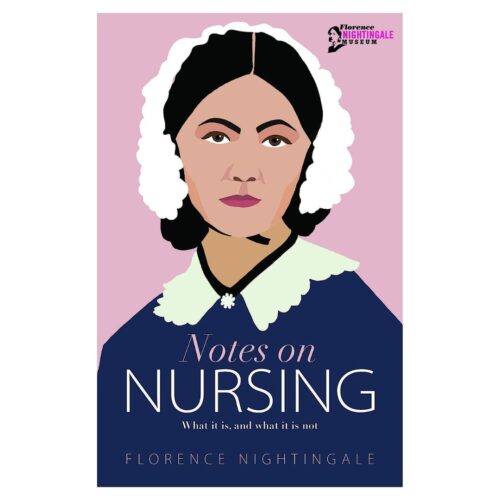 Florence Nightingale’s seminal work, the classical historical nursing text. Florence Nightingale wrote Notes on Nursing to help ordinary women care for their families. Translated into over ten languages, and never out of print since its first appearance, this really is the classic nursing text. Over 160 years later much of the advice given continues to be pertinent in the extreme, especially in the light of the recent global pandemic. Published in conjunction with - and including a foreword by - the Florence Nightingale Museum. The cover of this edition is exclusive to the museum.
Florence Nightingale’s seminal work, the classical historical nursing text. Florence Nightingale wrote Notes on Nursing to help ordinary women care for their families. Translated into over ten languages, and never out of print since its first appearance, this really is the classic nursing text. Over 160 years later much of the advice given continues to be pertinent in the extreme, especially in the light of the recent global pandemic. Published in conjunction with - and including a foreword by - the Florence Nightingale Museum. The cover of this edition is exclusive to the museum.
